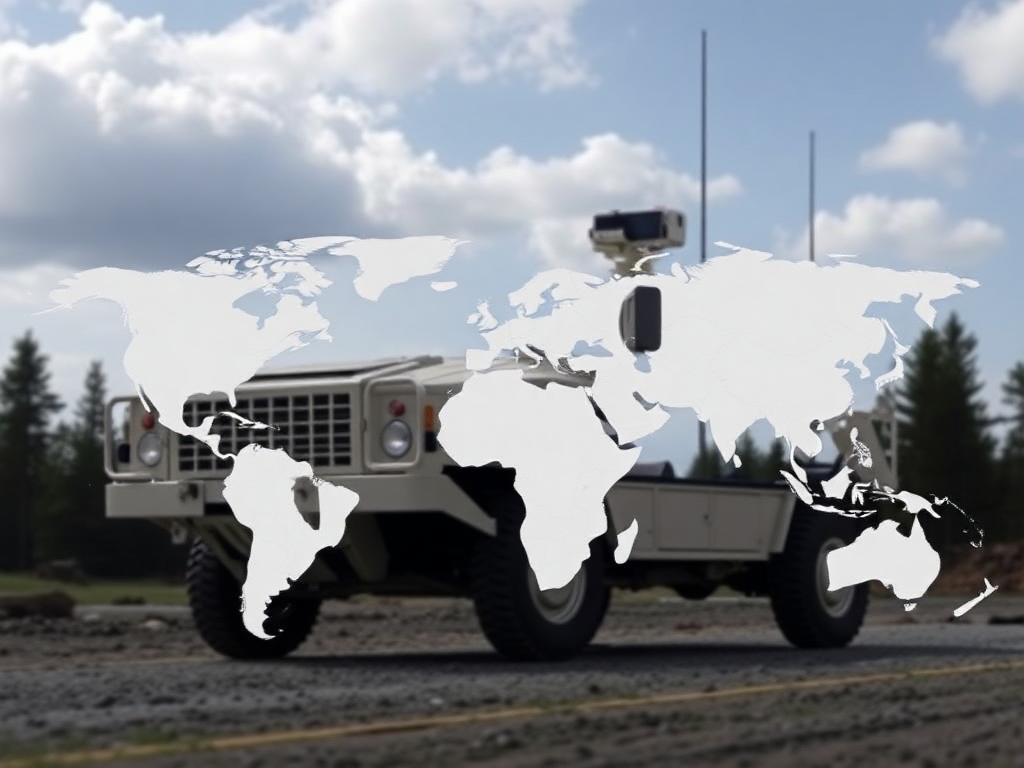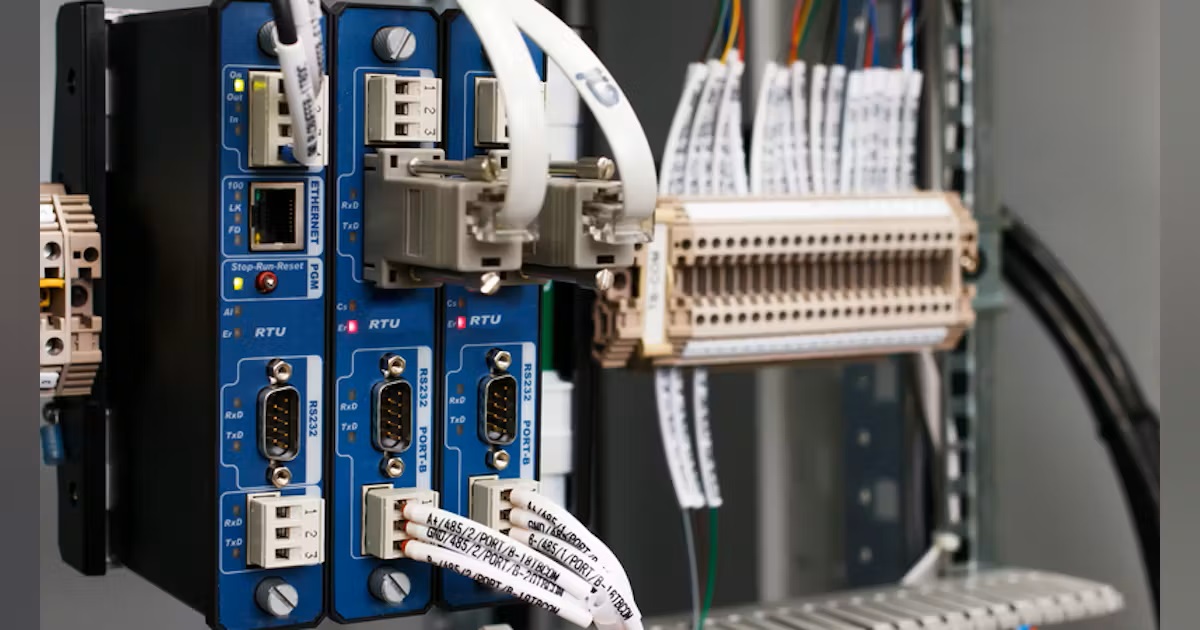Brazil Cybersecurity market size was USD 2.92billion in 2023 and the market is projected to touch USD 6.72 billion by 2032, at a CAGR of 10.30 % during the forecast period. Brazil’s growing internet usage is contributing to an increase in the frequency of cyberattacks, which is becoming the main engine for the nation’s cybersecurity industry. As to a survey published by the American-Minas Geraisese cybersecurity company Trend Micro, Brazil comes in second place worldwide when it comes to vulnerability to cyberattacks. In Brazil, there were more than 1,500 attempts per minute to infect computers with malware, citing an additional investigation conducted by antivirus firm Kaspersky. The increasing amount of people using the internet is increasing the likelihood of cyberattacks via phishing emails and messages. Brazil is seeing a rise in demand for cybersecurity solutions as a result. The industry is mostly driven by the increase in cyberthreats and assaults directed at people, companies, and governmental organizations. Businesses must invest in cybersecurity solutions because cybercriminals are becoming more skilled as technology develops. These dangers include ransomware attacks, data breaches, and phishing schemes, all of which can have detrimental effects on one’s finances and reputation. Another significant growth-inducing driver is the broad adoption of digital transformation activities across a variety of technologies, including big data analytics, cloud computing, and the Internet of Things (IoT). In addition, the market is expanding more quickly due to the growing need for cybersecurity services in Brazil’s various industries as a result of the country’s growing digitization of corporate processes.
Additionally, a number of government organizations are home to a plethora of sensitive data, spanning from information about citizens to data related to national security; maintaining the security of government systems and guarding against cyberattacks is crucial for maintaining public confidence and national security, which in turn supports market expansion. A favorable market picture is also being created by the growing need for cybersecurity in the manufacturing industry 4.0, which integrates automation and IoT devices and makes manufacturing systems more networked and susceptible to cyberattacks. To safeguard their intellectual property and industrial processes, manufacturers are investing in cybersecurity.
Brazil Cybersecurity report scope and segmentation.
Brazil Cybersecurity dynamics
The factors influencing the dynamics of the Brazil Cybersecurity market include regulatory mandates, technological advancements, and increasing industrial safety awareness. Fast-moving industries including retail, banking, medical care, and politics are among those in Brazil that are starting to adopt digitalization. The digital revolution involves using IoT devices, cloud-based services, and other cutting-edge technology to increase consumer satisfaction, productivity, and creativity. As more businesses and governmental institutions move their operations online and depend more on digital channels, effective cybersecurity protections are crucial. The development offers a huge opportunity for security service suppliers to offer end-to-end cybersecurity services, like intelligence on threats, endpoints defense, and cloud safety, that protect networks as well as private data from online attacks. In the era of digital transformation, companies that can provide creative safety measures that are scalable, adaptable, and tailored to the particular needs of Brazilian businesses are going to be well-positioned to benefit from the growing demand for cybersecurity.
Brazil Cybersecurity drivers
Increasing Frequency and Sophistication of Cyber Attacks
The sophistication along number of cyberattacks that affect several industries, especially banks, healthcare institutions, governments, and corporations, have increased in Brazil. Ransomware, phishing, advanced persistent threats (APTs), and data breaches are some of these attacks. The potential harm and monetary damages from cyber accidents have sharply grown as fraudsters use more advanced strategies. the fact the constantly evolving threat landscape, Brazilian organizations are making significant investments in cutting-edge cybersecurity solutions to protect their operations, confidential information, and priceless assets.The requirement for strong defenses and the increased awareness of cyberthreats are the main drivers of the cybersecurity market’s expansion in Brazil.
Digitalization and the Expanding Use of IoT Devices
The demand for cybersecurity solutions is being driven mostly by the country’s extensive digitalization of services and quick uptake of Internet of Things (IoT) devices. The potential attack surface for cyberattacks rises with the use of smart devices and digital technologies for a variety of reasons by individuals and businesses. In particular, security breaches are common with Internet of Things (IoT) devices because there are no standardized security protocols and insufficient security measures. For the integration of IoT in sectors like manufacturing, healthcare, transportation, & smart cities to guarantee data security, privacy, and accessibility, robust cybersecurity solutions are needed. In the Brazilian market, there is a growing need for cybersecurity products and services as the digital ecosystem expands as well devices become connected. As a result, thorough cybersecurity plans are now expected.
- Restraints:
Limited Cybersecurity Awareness and Skilled Workforce
The lack of knowledge and comprehension of cybersecurity dangers among individuals and organizations is one of the major obstacles facing the Brazilian cybersecurity market. It’s possible that many businesses, especially small and medium-sized ones (SMEs), may not completely understand how important it is to put in place thorough cybersecurity safeguards. Insufficient investment in cybersecurity infrastructure and insufficient defense against cyberthreats may result from this ignorance. To make matters worse, Brazil lacks qualified cybersecurity experts. Expertise in fields like cybersecurity management, incident response, and threat analysis is in significantly greater demand than it is available. Due to this skills gap, organizations could find it more challenging to defend against cyberattacks and to deploy cutting-edge cybersecurity solutions.
High Costs and Budget Constraints
Strong cybersecurity safeguards can be expensive to implement since they require expenditures on cutting-edge technology, software, and services. Brazil’s budgetary constraints prevent many firms, especially SMEs and public sector enterprises, from investing in complete cybersecurity solutions. An important deterrent to adoption of cybersecurity products and services might be their high cost, particularly for smaller enterprises with tighter budgets. Budgetary constraints may also be increased by the need for continual training, updates, and maintenance to maintain cybersecurity measures’ efficacy. Cost-related issues may therefore make it difficult for enterprises to implement the essential cybersecurity procedures and tools, leaving them open to attack.
- Opportunities:
Government Initiatives and Regulatory Compliance
The Brazilian government is putting laws and programs in place to protect digital transactions, personal information, and vital infrastructure in an effort to improve cybersecurity nationwide. One important regulatory framework requiring strict data protection and privacy protections for enterprises operating in Brazil is the General Data Protection Law (LGPD), which went into effect in 2020. Compliance with cybersecurity rules such as LGPD is driving demand for advanced security goods and services. The Brazilian government is conducting cybersecurity awareness campaigns, establishing public-private partnerships, and funding cybersecurity research in an effort to bolster its own cybersecurity capabilities. Cybersecurity firms can help organizations satisfy regulatory obligations and strengthen their overall cybersecurity posture by providing compliance solutions, consulting services, and specialized security products. Governmental and regulatory actions are what create these opportunities.
- Segment Overview
By Offering, The Brazil Cybersecurity market is segmented into Security Offering, Services, and others. The segment with the largest market share is identity and access management, or IAM. IAM systems ensure that each user only has the specific privileges needed to do their tasks while preventing hackers from obtaining data. The market is expanding as a result of the growing acceptance of remote working practices by businesses of all kinds, including small and medium-sized ones.
By Deployment Model, The Brazil Cybersecurity market is segmented into Cloud, On-premise. The cybersecurity market in Brazil is dominated by the on-premises segment, depending on the deployment mode chosen. With total ownership transferred to the company and less reliance on outside service providers, on-premises implementation offers the highest level of data protection. Nevertheless, it is projected that during the forecast period, cloud deployment would have the highest CAGR. Because they offer remote access and affordable solutions in addition to being remotely deployable, the COVID-19 epidemic is responsible for this increase.
Brazil Cybersecurity Overview by Region
The biggest players in the Brazil cybersecurity market are spread throughout many cities, including São Paulo, Rio de Janeiro, and Brasília. The concentration of banks and financial organizations in São Paulo makes it a major market for cybersecurity solutions, being the financial center of Brazil. A sizable market for cybersecurity companies is Rio de Janeiro, given its prominence in the oil and gas sector. The demand for cybersecurity solutions is also being driven by a sizable portion of the government sector, including state and federal governments. Being the capital city of Brazil, Brasília is home to numerous government agencies and is a significant market for cybersecurity suppliers. The need for cybersecurity solutions is fueled in part by Brazil’s enterprises, which are becoming more and more digitalized nationwide. The adoption of digital technology by smaller cities and municipalities has made cybersecurity measures imperative in order to protect their data and operations.
Brazil Cybersecurity market competitive landscape
Leading companies such as IBM Corporation, Cisco Systems Inc, Microsoft Corporation, Check Point Software Technologies Ltd, NortonLifeLock, Broadcom Inc, Palo Alto Networks Inc., AO Kaspersky Lab,. The cybersecurity market in Brazil is extremely competitive and fragmented. There are economic opportunities for service providers due to the growing number of firms and the trends of digitalization. Businesses use acquisitions and strategic alliances to bolster their infrastructure, professional cybersecurity capabilities, and product line in order to offer the newest service upgrades and modifications.
Scope of Brazil Cybersecurity report
Brazil Cybersecurity report segmentation
In case you don’t find what, you are looking for, please get in touch with our custom research team at
https://organicmarketresearch.com/saudi-arabia-satellite-internet-market
https://organicmarketresearch.com/united-states-plastic-recycling-market
https://organicmarketresearch.com/united-states-plastic-recycling-market
https://organicmarketresearch.com/japan-fintech-market
Contact Us
+91 9319642100
sales@organicmarketresearch.com
Noida One Tower Sec 62 Noida 201301
Website: https://organicmarketresearch.com














